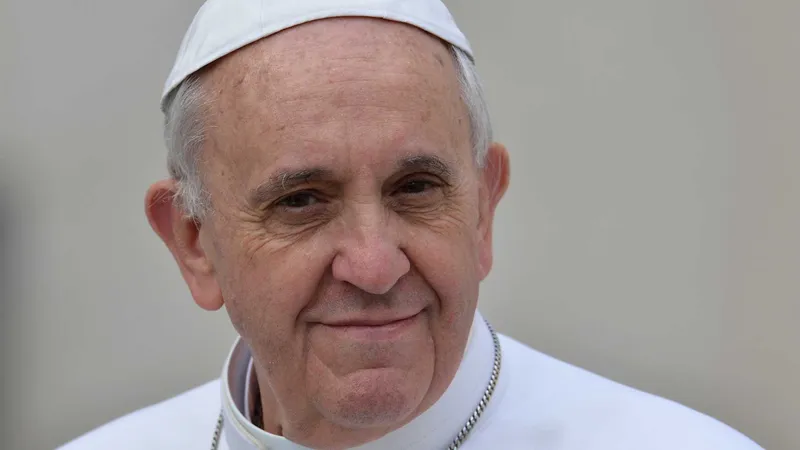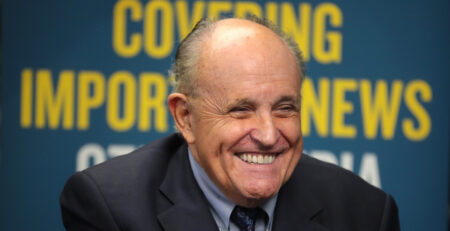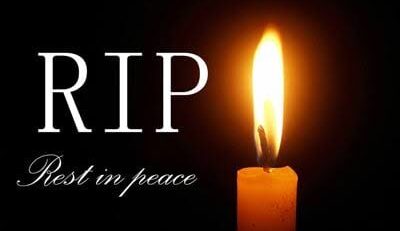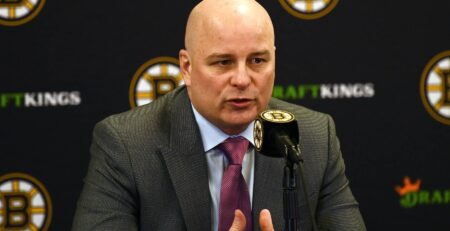Pope Francis’ sex abuse commission calls for transparency and reparations in first-ever global report
Infograbarena2024-10-30T09:11:37+00:00Pope Francis’ sex abuse commission calls for transparency and reparations in first-ever global report
Francis (born December 17, 1936, Buenos Aires, Argentina) ushered in a new era of leadership in the Roman Catholic Church when he was elected pope in 2013. As the first pope from the Western Hemisphere, the first from South America, and the first from the Jesuit order, Francis has brought many reforms to the church and a reputation for humility. His significant achievements include the papal encyclical Laudato si’ (“Praise Be to You”; 2015), which addressed the climate crisis and championed environmental stewardship; his efforts to promote unity between Catholics, non-Catholics, and non-Christians; and his historic apologies to survivors of clergy sexual abuse.
Bergoglio was the son of Italian immigrants to Argentina. After studying in high school to become a chemical technician, he worked briefly in the food-processing industry but felt called to the church. When he was about 21 years old, he suffered a severe bout of pneumonia that led to the removal of part of his right lung. He entered the Jesuit novitiate in 1958 and then turned to academics, studying humanities in Santiago, Chile, and earning a licentiate (equivalent to a master’s degree) in philosophy in Buenos Aires province. After graduation he taught literature and psychology in high school while pursuing a degree in theology. He was ordained a priest in 1969, took his final vows in the Jesuit order in 1973, and subsequently served as superior (head) of the Jesuit province of Argentina (1973–79).
Bergoglio’s tenure as head of the country’s Jesuits coincided with the military coup in Argentina (1976) led by Lieut. Gen. Jorge Rafael Videla. During the ensuing Dirty War (1976–83), a campaign by the country’s military dictatorship against leftists and other perceived subversives, between 10,000 and 30,000 people were “disappeared” (kidnapped, tortured, and usually killed) by the military and the police. Bergoglio later claimed to have hidden several people from the authorities, even helping some of them to flee the country. In 1976 two Jesuit priests who had worked in poor neighborhoods were disappeared; they were found alive, but drugged, in a field five months later. Years after the Dirty War, Bergoglio’s role in the priests’ kidnapping and release generated controversy. Some critics faulted Bergoglio for failing to protect the priests and even accused him of turning the men over to the regime. Others accepted Bergoglio’s claim that he covertly interceded with the regime to secure their eventual release. A lawsuit against Bergoglio charging him with complicity in the priests’ disappearance was ultimately dismissed.











